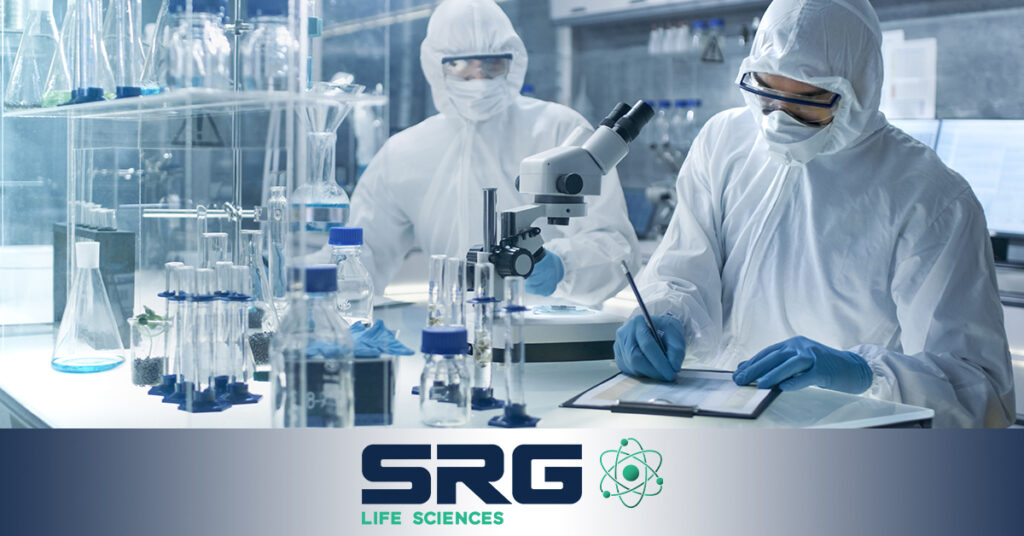When you’re looking for a new life science job, it’s common to focus on showcasing your technical abilities. However, it’s critical not to overlook soft skills as you navigate the hiring process.
Employers typically want to balance technical prowess with traits that make a new hire effective in the workplace in a broad way. By demonstrating that you possess both, it’s far easier to stand out from the competition. If you’d like to learn more about balancing technical and soft skills in life science hiring, here’s what you need to know.
Understanding the Importance of Technical and Soft Skills
Both technical and soft skills are essential when you work in life sciences. Your technical competency ensures you’re effective at the core duties associated with your role, as those require an explicit degree of prowess. However, your soft skills often make you a more effective colleague, allowing you to collaborate more effectively and navigate the nuances of working with others.
Additionally, some soft skills directly support your technical capabilities. For example, problem-solving ensures you’re leveraging your hard skills correctly when you encounter an unexpected challenge. As a result, developing and showcasing both is crucial for ongoing career success.
Strategies for Showcasing Technical and Soft Skills During the Interview Process
When you want to highlight your technical and soft skills during the interview process, the more straightforward option is to mention the soft skills you put to work when discussing relevant achievements. Your accomplishments are often clearly associated with specific technical capabilities, so note the tools and technologies you harnessed to manage the task. Then, by highlighting how you worked effectively with team members, communicated with stakeholders, and solved problems to achieve success within your answer, too, you’re putting your soft skills on display.
Examples of Successful Life Sciences Hires with Strong Technical and Soft Skills
What makes a successful life science hire can vary from one organization to the next. Similarly, the nature of the role is a significant factor, as that determines which capabilities are more valuable.
However, professionals that do well in both usually have a strong technical foundation backed by formal education and ongoing coursework to support their development. For soft skills, analytical thinking, problem-solving, and creativity ensure they can overcome obstacles, while communication, collaboration, and active listening heighten their teamwork capabilities.
Ways to Develop Both Technical and Soft Skills for Career Advancement
In most cases, technical skill development involves more direct forms of learning. Formal training and education, cross-training programs at work, and similar avenues are highly effective.
With soft skills, there aren’t as many formal approaches. Instead, try requesting feedback or tips from others with well-developed soft skills. You can also make a habit of communicating regularly and focus on relationship-building to facilitate better teamwork.
At times, exploring new job opportunities can also create opportunities for ongoing skill development. If you’re ready for a new position in the life science sector, the Staffing Resource Group can simplify your job search. Apply Today and SuRGe your career forward.



